Heated Debate Erupts in Kenya's National Assembly Over Majority Status
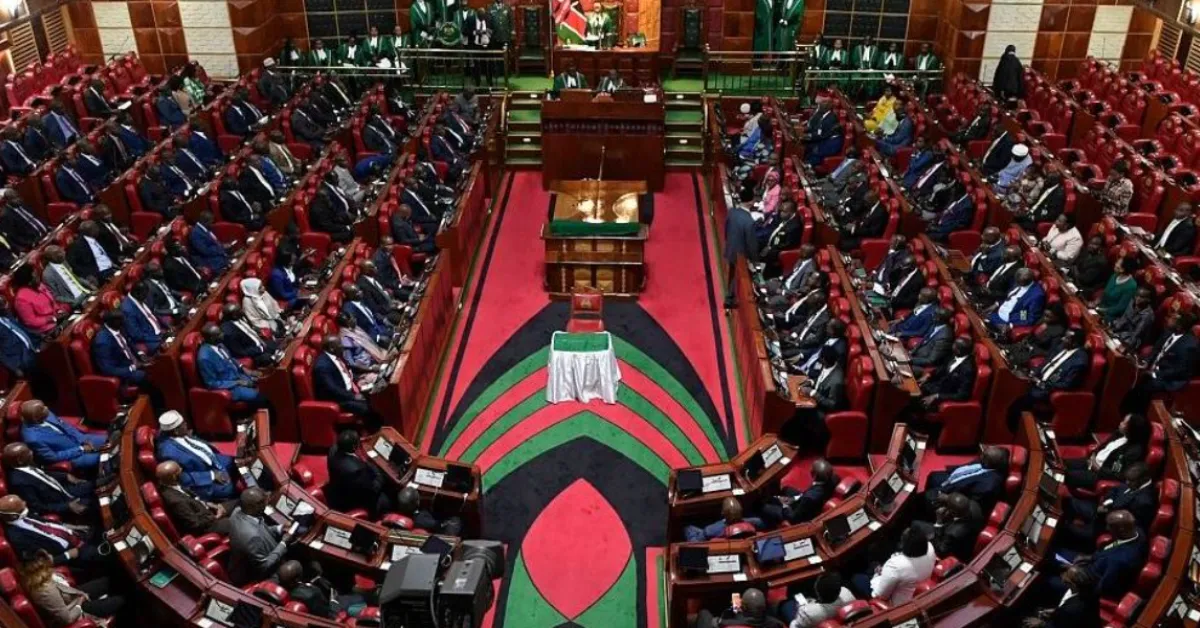
On Tuesday, the National Assembly of Kenya was the stage for a contentious debate surrounding the leadership roles of the Majority and Minority factions.
The conflict was ignited by Suba North MP Millie Odhiambo, who called for the resignation of National Assembly Speaker Moses Wetangula. Odhiambo argued that Wetangula's dual capacity as both Speaker and party leader posed a significant conflict of interest that undermines his impartiality in conducting parliamentary proceedings. In her remarks to colleagues, Odhiambo stressed the importance of upholding judicial decisions, referencing a recent court ruling that indicated Wetangula's conflicting roles could impede his ability to fairly manage House matters.
She urged the assembly to respect and implement this ruling. In response, Speaker Wetangula firmly rejected Odhiambo's claims, asserting that no external authority, including courts, holds the power to dictate parliamentary protocols. He reaffirms his dedication to maintaining a neutral role, stating, "As Speaker, I do not debate, I do not vote. I hold a position of honour to preside over your proceedings."
The debate intensified further as Odhiambo nominated Suna East MP Junet Mohamed for Majority Leader, with Kathiani MP Robert Mbui proposed as his deputy. Demonstrating this shift, Junet echoed calls for the implementation of the court's ruling that declared the Azimio coalition as the Majority Party in Parliament. He proclaimed himself the legitimate Majority Leader, referencing his qualifications and the numerical backing in the House.
Contrarily, South Mugirango MP Silvanus Osoro contended that the authority to finalize the leadership in Parliament ultimately rests with the Speaker's office.
He emphasized the importance of adhering to established parliamentary rules and the Speaker's discretion in declaring the Majority and Minority parties. On October 6, 2022, Wetang'ula ruled that the Kenya Kwanza Alliance holds the majority in Parliament, a decision arising from conflicting claims of leadership among political coalitions. During the assembly's opening session on October 4, Wetang'ula noted that both the Azimio la Umoja-One Kenya coalition and the Kenya Kwanza Alliance presented competing letters of leadership, leading to uncertainty in defining the Majority and Minority parties.
A subsequent court ruling by a three-judge bench deemed Wetang'ula's concurrent roles as Speaker and leader of Ford-Kenya as unlawful, citing the potential for bias. The court ultimately recognized the Azimio coalition as the legitimate majority in the National Assembly, a ruling that Wetang'ula contested based on the membership dynamics outlined in various Gazette Notices. According to the Registrar of Political Parties, the Azimio coalition has 171 members compared to Kenya Kwanza's 165, although disputes regarding 14 members’ coalition affiliation were emphasized.



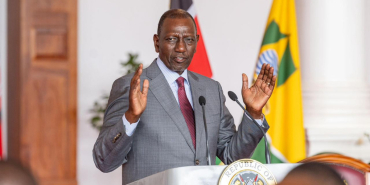


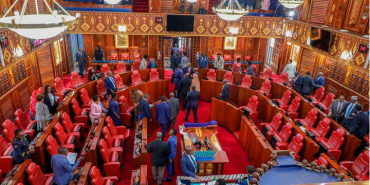
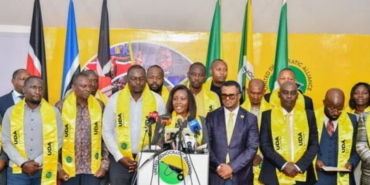
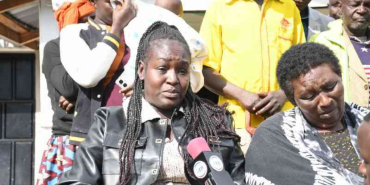
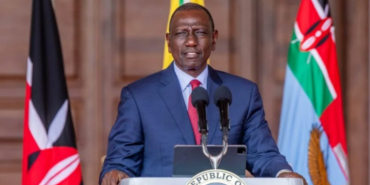




Add new comment